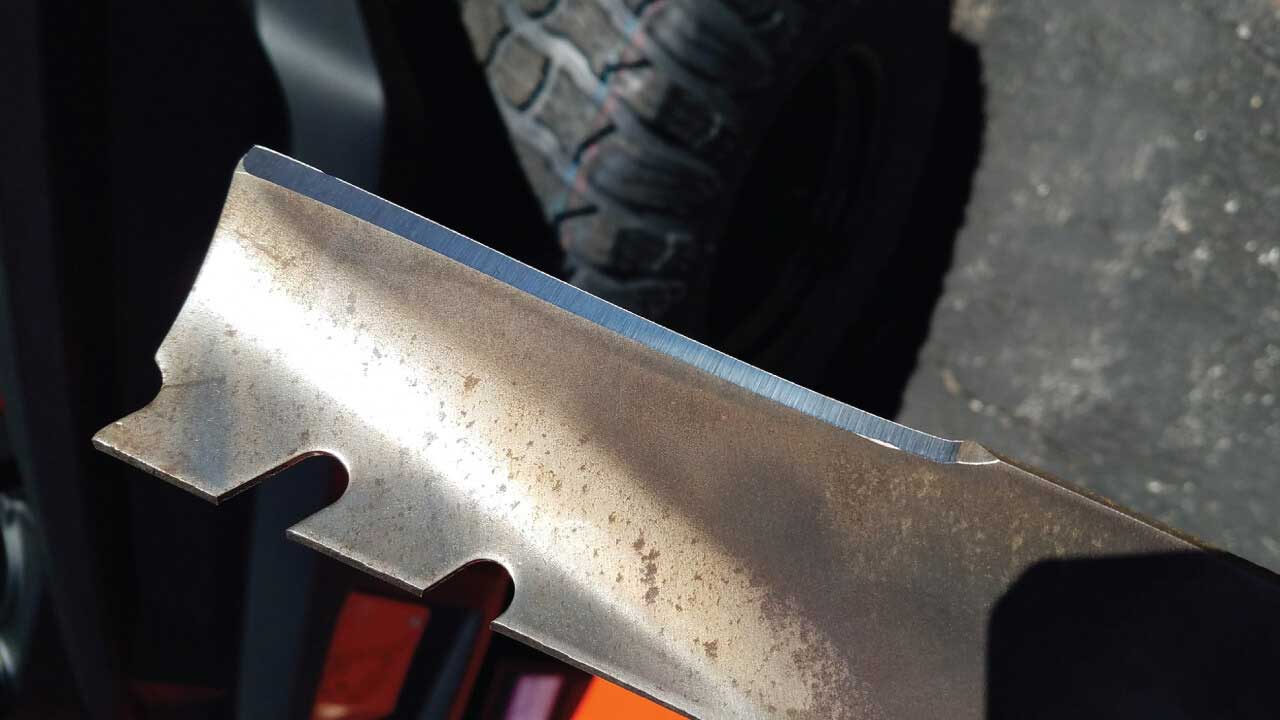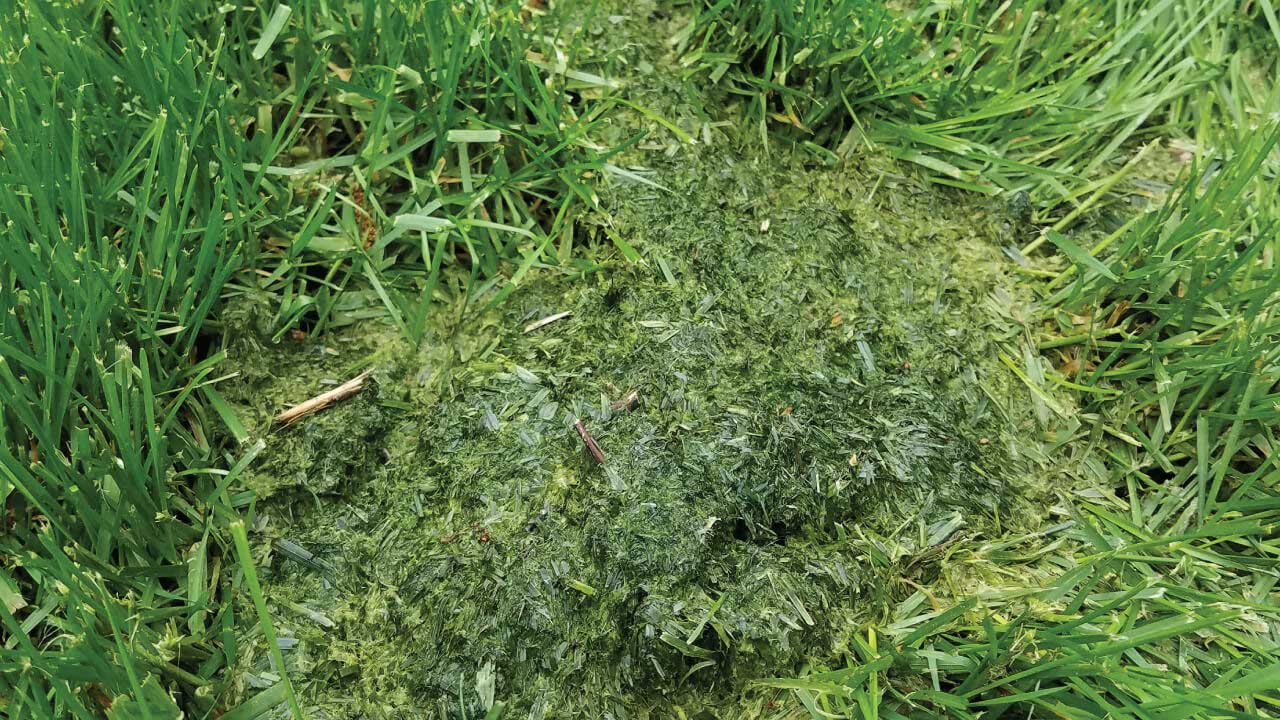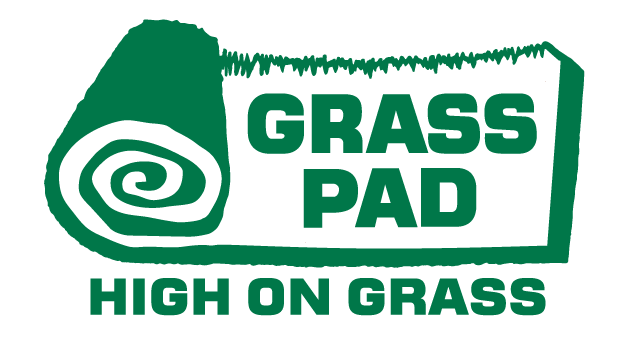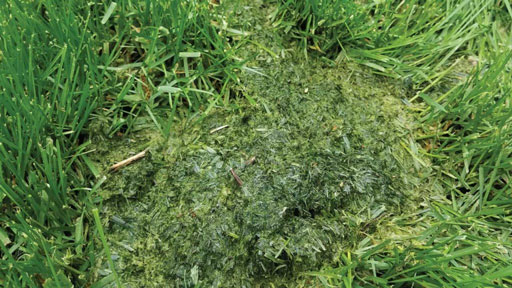After the Rain, Let the Soggy Areas in the Lawn Dry
Use your best judgement, you know the spots that hold water and those that drain well. A sunny south or west facing yard may need only one good afternoon to dry out and an east or north protected area may take a few days. Excess water essentially pushes oxygen out of the soil. Without oxygen plant growth will stop until oxygen can be replaced.
Wet soil is easily compacted. Mowing or even walking over saturated soil can cause compaction problems making it difficult for grass to grow.
See Related: How to Fix Soil Compaction
When is the Best Time to Mow the Lawn?
Do what you can to mow ahead of the rain. Today’s technology allows most local meteorologists to predict the likelihood of a long rainy weather pattern. Set your mower down a notch or two on that last cut before extended wet weather sets in. Cutting your lawn a little lower can buy you some time if you have five or six days of rain in your future.
See Related: Managing Turf Disease
Follow the One-Third Rule When Cutting Tall Grass
If you fall behind on mowing and the grass gets too tall, on your next mow raise the mower deck a notch or two. Then wait a few days and cut it again at one notch lower. Wait a few more days, then cut back at your original setting. Removing too much leaf at one time can stress the plant and turn it yellow. You never want to remove more than one third of the plant at any one time.
See Related: Recommended Mowing Heights
Always Use a Sharp Blade When Mowing
When it does dry out enough to mow, we cannot stress how important it is to use a sharp blade on your mower. Sharp mower blades cut the grass cleanly, which gives a better-looking finish and causes less stress on the grass plant. Using a dull mower blade can rip the grass blades, leaving them susceptible to disease.

Don’t Leave Heavy Clippings on the Lawn
Mulch mowing is easier and more beneficial, but at certain times bagging your grass clippings is a necessity. Cutting an overgrown lawn is one of those times. Heavy clippings left on top of the wet grass will smother and yellow the grass plant. If you don’t have a bagging mower, then do it the old fashion way and rake up the clippings.

Keep Your Lawn Mower Cleaned
Cleaning is a must if you want to keep Mama happy. Store a wet mower in the garage without cleaning the deck and in two days your garage will smell like a compost pile. Eventually you will need to clean the deck, and it’s a lot easier to clean before the grass mulch dries into a brick. Take the mower to an out of the way spot in the lawn, tilt it back and wash it out with the garden hose. Some of the new models have a hose attachment on the mower deck for clean out. Remember to remove the heavy clippings from the lawn to avoid smothering your grass.
Avoid washing it out on the driveway to keep grass clippings out of the storm drains.
Heavy and Frequent Rains Breakdown Crabgrass Pre-emergent
Excessive rainfall will break down the weed barrier sooner, leading to crabgrass breakthrough when temperatures start to climb. The second application of PREVENT!, a crabgrass pre-emergent plus fertilizer, replenishes exhausted nutrients and extends crabgrass control through the summer.


